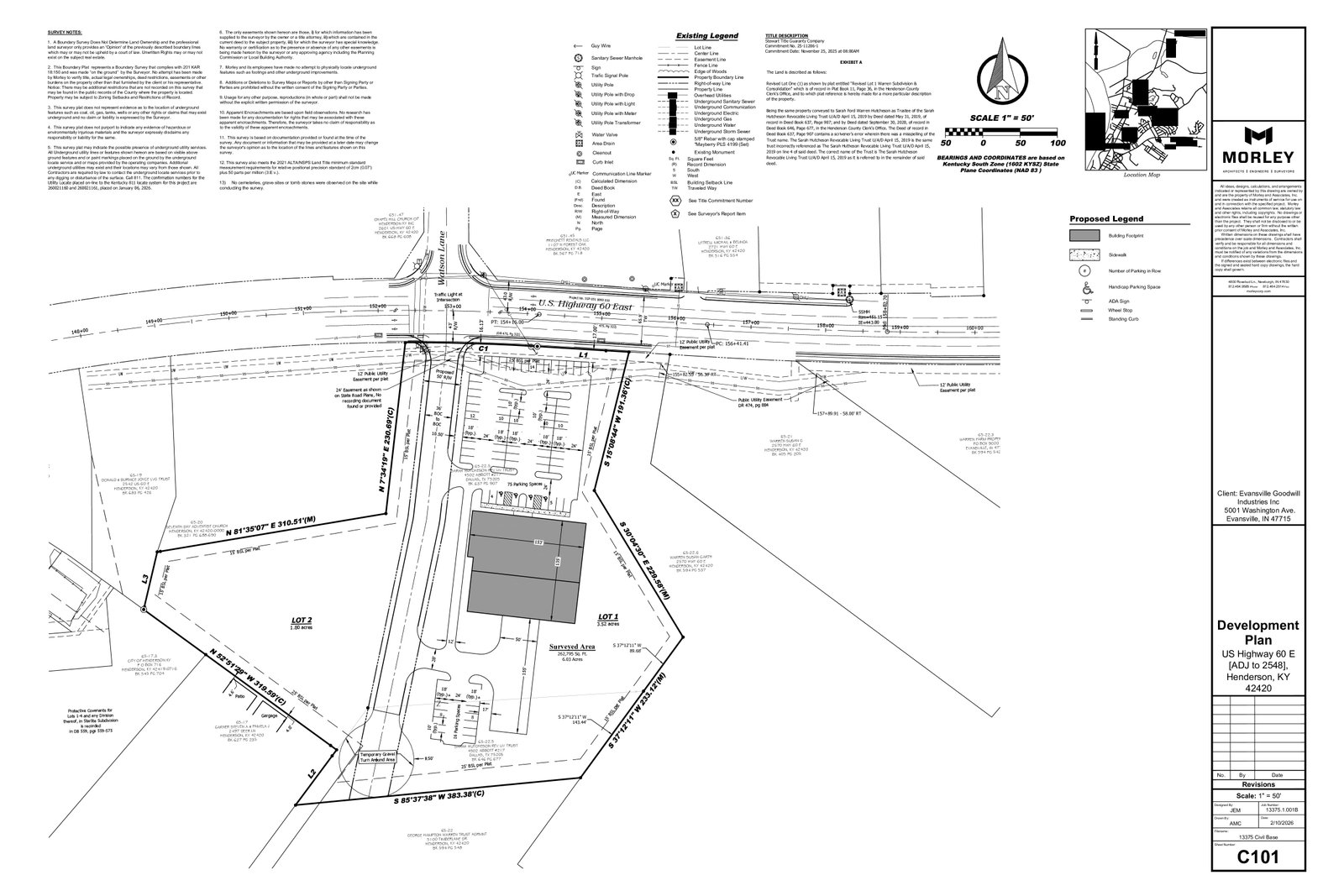Courtesy of Kentucky Lantern
Our weekly newspaper — The Anderson News — is published on Thursdays.
On Friday, June 20, I stopped at the Lawrenceburg Kroger to grab a copy of the paper, but the stack of issues was dated June 12, the week prior. I recalled being at our Walmart a few weeks earlier, on a Monday, and that The Anderson News from the previous week had still not been delivered.
When I asked a busy clerk about this, she shrugged. “It comes when it comes.”
You might say I should get with the program and read my local newspaper online, but like many Kentuckians I live out a rural road and down a hill where the internet and even phone service can be spotty, so as long as The Anderson News is available in paper form, I choose paper. This is also how I track what little news is in our newspaper these days, and I am coming to the sad realization that we are witnessing the slow, suffocating, untimely death of our once-robust community newspaper.
There is a fairly famous essay titled “Drowning doesn’t look like drowning” by Mario Vittone that gets reprinted by a number of news outlets every summer. Vittone lists a handful of unexpected things to look for and stipulates that “Drowning is almost always a deceptively quiet event. The waving, splashing, and yelling that dramatic conditioning (television) prepares us to look for, is rarely seen in real life.”
Similarly, the death of local news can be deceptively quiet. No big boss in a three-piece suit comes to town, hands out pink slips, and shuts down a printing press with a loud hiss.
Here in Anderson County, Kentucky, population 24,000, there still exists a newspaper; there is a pop-up-ad-heavy website that’s updated weekly; there are still paper-papers, albeit sometimes delivered late, in neat, familiar stacks near the front doors of Kroger, Walmart and the gas station where you can see what is above the fold; there are still obituaries and high school sports and a report that a county or city meeting occurred.
But there is no context, historical or otherwise, no investigations to speak of, and no — how do I say this? — life.
As a freelancer, I regularly wrote commentary for The Anderson News from 2017-2020. Back then there was an office, an experienced and dedicated editor, a front desk clerk, and at least one reporter and/or sports reporter on staff. To say we had an engaging opinion page or letters the the editor page (sometimes two full pages) is an understatement. Our newspaper was our town square, so much so that I would often grab coffee and a paper at the Five Star gas station first thing on the morning the paper came out and drive to a friend’s office before 9 a.m. to banter about what was happening in town.
In May 2021, Paxton Media Group announced that it had purchased The Anderson News and dozens of other community newspapers. “We are very excited to add these newspapers into the PMG portfolio,” said Jamie Paxton, PMG president and CEO. “PMG believes strongly in the value of local newspapers and the vital role they play in the communities that they serve.”
Vital role? The Anderson News is an anemic shell of itself at, most weeks, eight pages.
The opinion page and letters to the editor no longer exist, signaling lack of community input and engagement.
Reports on city and county meetings are rote, reading more like meeting minutes than reportage or analysis. Investigations, in-depth interviews and follow up are non-existent.
There is a full page dedicated to religion, and politicians like state representative James Tipton, state senator Aaron Reed, and U.S. Rep. Andy Barr are often given half or almost-full pages to communicate their political agendas to the public.
Multiple datelines in our June 12 paper, for example, read BARDSTOWN, LOUISVILLE, LEXINGTON. In other words, not here.
It is often said that newspapers don’t make money, so what can we expect? What about capitalism? Here I will argue that newspapers, like the government, do not exist to make money. Newspapers and government agencies exist (or *should* exist) to serve the people. When newspapers and/or government entities are tasked to focus on profit profit profit, like a business with shareholders, citizens’ needs become collateral damage.
Case in point: Billionaire Elon Musk was tasked by the current president to rid government agencies of waste, fraud and abuse via his so-called Department of Government Efficiency (DOGE). But for all the hoopla, Reuters reports, ”DOGE is not a serious exercise,” said Jessica Riedl, a fellow at the Manhattan Institute, a fiscally conservative think tank that supports streamlining government. She estimates DOGE has only saved $5 billion to date, and believes it will end up costing more than it saves.”
On the newspaper side, what we have learned in Anderson County is that when your local newspaper is starved of the resources to report enough news to keep citizens informed in a timely manner, beware of what will fill the void.
Enter the “Lawrenceburg Catch All.”
According to their Facebook page, Lawrenceburg Catch All was created two years after Paxton Media Group purchased The Anderson News. There are three administrators, more than 9,000 members who can post anonymously if they choose to, and there appears to be no checking of sources or facts. During recent breaking news in which almost our entire city fire department resigned, citizens found what they wanted to know — true or not — in the Lawrenceburg Catch All and in Lexington TV news, not our newspaper.
Last week I asked locals to describe the Lawrenceburg Catch All in one word. This is what they told me: drama, embarrassing, breaking news, meanness, a soap opera, ugly, funny, trouble, misinformation, s**t, a train wreck. And yet they all still check this page as their news source because, as one man said, “Where else am I supposed to look?”
Drowning doesn’t look like drowning, and living in a news desert does not mean your newspaper was shuttered with fanfare like they do in the movies.
One day you find out that your newspaper has been purchased by a corporate consolidator like Paxton Media Group who claims to care about journalism and your community.
Then you learn that your newspaper’s longtime editor has been replaced by a preacher-turned-editor who soon goes back to being a preacher. They tell you everything is fine because yet another editor, who is in a different county and in charge of multiple newspapers, is now the editor, and that your town has one reporter who lives somewhere else.
Months later, you are driving through town when you notice your newspaper’s office has been quietly closed and that “The Anderson News” sign you used to drive by every day, near the Dairy Queen, has been removed from the marquee.
One day in the very near future, you, too, may live in a town where local news is just a private Facebook group moderated by people you don’t know and where group members who can post anonymously are the sources.
This is the definition of a news desert.
Teri Carter writes about rural Kentucky life and politics for publications like the Lexington Herald-Leader, the Courier-Journal, The Daily Yonder and The Washington Post. You can find her at TeriCarter.net.


















